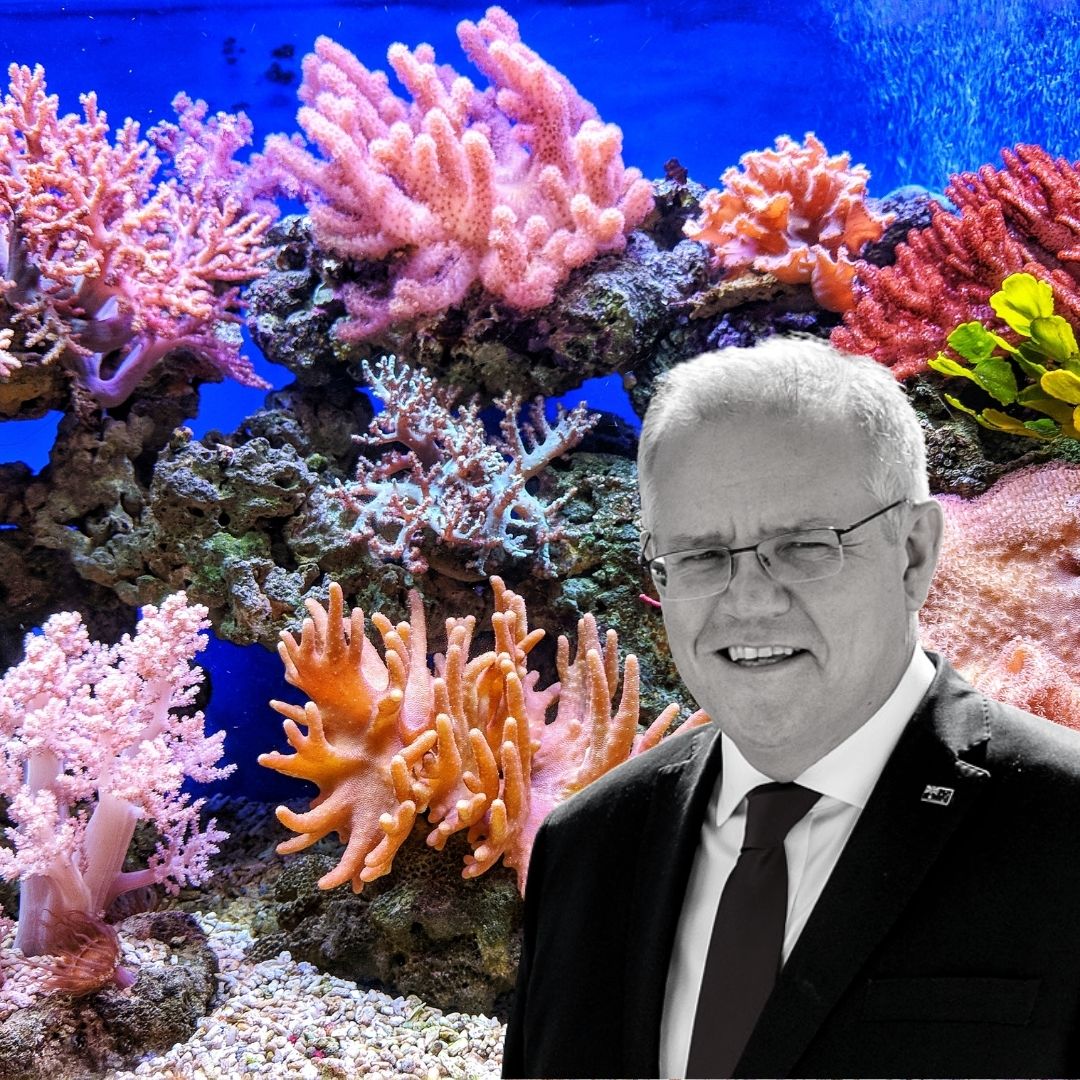Alarming! Australia Confirms New Mass Bleaching At Great Barrier Reef
Writer: Ratika Rana
Her primary objective is to inform, promote, educate and cultivate readers through writing.
Others/World, 26 March 2022 3:05 AM GMT
Editor : Snehadri Sarkar |
While he is a massive sports fanatic, his interest also lies in mainstream news and nitpicking trending and less talked about everyday issues.
Creatives : Ratika Rana
Her primary objective is to inform, promote, educate and cultivate readers through writing.
For the fourth time in the last six years, Australia's Great Barrier Reef has suffered severe and widespread damage due to rising sea temperatures. Only two mass bleaching events had ever been recorded until 2016.
Global warming is touching horrific heights every year. Recently, Australia confirmed that its Great Barrier Reef is being devastated by yet another mass bleaching incident. Until 2016, only two events of mass bleaching had ever been reported. However, it is the fourth time that such a massive and widespread mass bleaching has occurred in the last six years due to rising sea temperatures. Scientists say that urgent action on climate change is necessary if the world's most extensive reef has to survive.
Why Is The Incident Concerning?
In Australia, the oceanic phenomenon of La Nina brings in cooler temperatures. However, the bleaching incident is a cause of concern because it occurred in the year the continent was set to experience the phenomenon. Therefore, scientists are afraid that the next session of El Nino might further aggravate the situation for the reef. The Great Barrier Reef Marine Park Authority made the declaration, which has been conducting aerial surveys, international news publication BBC reported. Recently, the authority had warned that the sea temperatures were 4-degrees above normal.
Most Diverse Ecosystems Of The World
The great barrier reef stretches over 2,300 km or 4,000 miles off the north-eastern coast of Australia. Moreover, it is home to one of the most diverse ecosystems in the world. Bleaching occurs when under-stress corals expel the algae living within them that give them colour and life. They can recover, but only if conditions allow it. Moreover, last year, Australia abstained from including the reef from the UNESCO list of 'world heritage sites in danger'. However, the country has recently pledged money towards the protection measures for the reef, but experts said that it did not cover the more significant threat of climate change.
Also Read: Here's How Sri Lanka Landed In Rough Seas Due To An Economic Meltdown
 All section
All section















